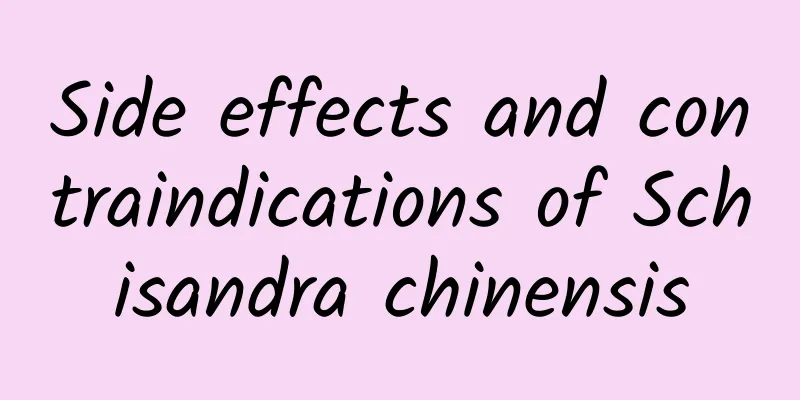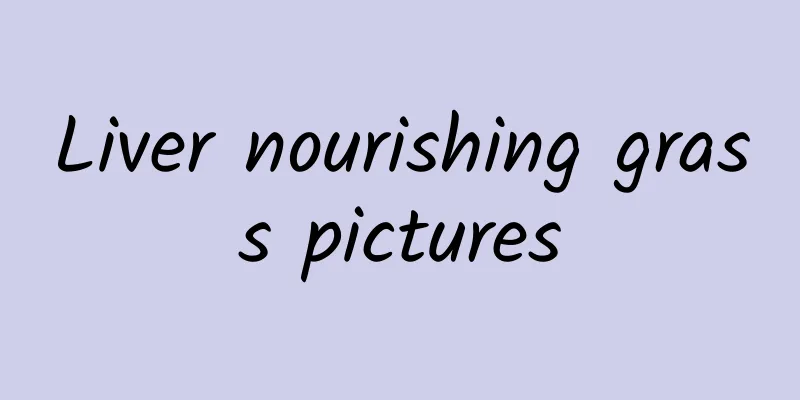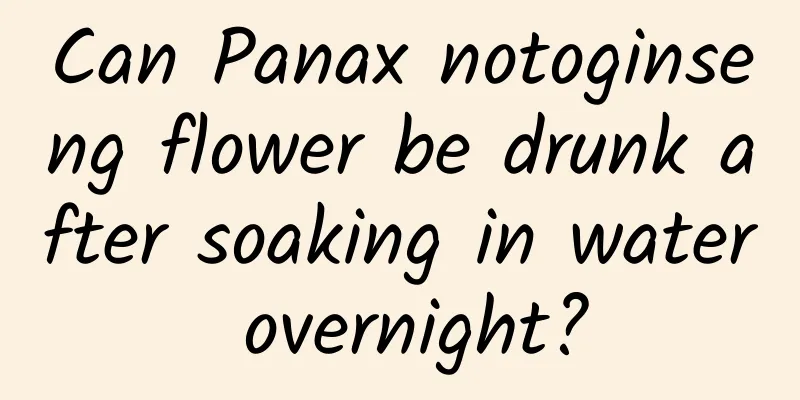Side effects and contraindications of Schisandra chinensis

|
Schisandra chinensis is a very good Chinese herbal medicine. It has the function of nourishing the body and replenishing water. It also has the actual effect of beauty and whitening. However, Schisandra chinensis is not like other Chinese herbal medicines without any side effects. It has certain side effects and taboos during the period of taking it. So today we will learn about the side effects of Schisandra chinensis. Toxic side effects of Schisandra Taking more than 13 to 18 grams of raw medicine internally may cause various adverse reactions such as hiccups, heartburn, acid reflux, fatigue, intestinal rumbling, etc., and some people may also have skin allergies. If there are symptoms such as fever, headache, dry mouth, fatigue, strong sense of smell, vomiting, nausea, urticaria, etc., it means that poisoning has already occurred. Schisandra chinensis itself has some side effects. After taking it, it can stimulate the respiratory center, increase the frequency and strength of breathing, and also has the effect of increasing gastric juice and lowering blood pressure. Therefore, taking Schisandra chinensis can lower blood pressure and have a stimulating effect. However, it should be noted that if it is not taken scientifically, excessive intake of Schisandra chinensis may threaten the life and health of the body. If you are poisoned by taking Schisandra chinensis, you must stop taking Schisandra chinensis immediately. Taboos of drinking Schisandra chinensis soaked in water Under normal circumstances, in addition to not being able to take a large amount of Schisandra chinensis, not all people with a certain physical condition are suitable for taking Schisandra chinensis. For example, patients with colds and sand syndrome should not take Schisandra chinensis. 1. If the patient is in the early stage of cough or the early stage of eczema, it is best not to take Schisandra chinensis to prevent the condition from worsening. From the perspective of traditional Chinese medicine, patients with internal cold and dampness and external evil should not take Schisandra chinensis. 2. There are definite records in some books that in the early stage of infection with cold, it is best not to take Schisandra chinensis, which can effectively prevent the cold from being trapped in the body and unable to be eliminated. 3. Patients with hyperactive liver should not take Schisandra chinensis, and patients who swallow a lot of acidic substances should not take it to avoid damaging some functions of the body. 4. Patients with excessive liver fire and occasional heat in the lungs are also prohibited from taking it. At this time, except for using Scutellaria baicalensis to achieve the warming effect, all other therapeutic drugs are prohibited. In general, although Schisandra chinensis is a traditional Chinese medicine, it also has certain side effects when taken. Therefore, friends who are not familiar with Schisandra chinensis must not touch it casually, unless it is taken under the guidance of a doctor, and must follow the doctor's instructions to avoid accidents. |
<<: Effects of Tangerine Peel and Honeysuckle
>>: Taboos and usage of Toad Grass
Recommend
What are the uses of processed Shouwu
The shape of processed Polygonum multiflorum is q...
"Health from eating" series | Why do we often say "eat radish in winter and ginger in summer"? Uncover the mystery of Chinese medicine diet therapy
"Eat radish in winter and ginger in summer&q...
What are the effects and functions of Phyllanthus urinaria?
Phyllanthus urinaria is a cold medicinal material...
What are the effects of mulberry branches
In life, what many people know about mulberry tre...
You may not have heard of it, but it can cure many diseases
Perilla leaves are called Suye, which has the fun...
What's in a bird's nest? Much more than twigs and straw...
What are bird nests usually made of? Twigs and st...
Landslide in Qiongzhong, Hainan caused 3 deaths and 4 injuries! Heavy rain caused secondary disasters and risk avoidance guide, remind everyone
Affected by the remnant vortex and cold air of Ty...
Because of their strange appearance, Nepenthes are being picked crazily! | Nature Trumpet
Welcome to the 9th issue of the Nature Trumpet co...
The seemingly insignificant "invisible habit" is actually a kind of "zombie behavior"! ?
Leviathan Press: Getting up early and drinking a ...
When traveling on vacation, please keep this list of essential medicines!
Entering the Mid-Autumn Festival and National Day...
How to eat Polygonum multiflorum for hair care
People always envy those who have black and beaut...
The efficacy and function of sclerophyllum
Traditional Chinese medicine culture is profound ...
The Milky Way's "early death" in the primordial universe: the discovery of the JADES-GS-z7-01-QU galaxy
Your browser does not support the video tag Autho...
Do one thing in your life, why bother with fame? - In Memory of the 99th Anniversary of Zhu Guangya's Birth
Zhu Guangya is one of the main pioneers of my cou...
Benefits of Maca
Maca is a cruciferous herb native to a mountain r...









